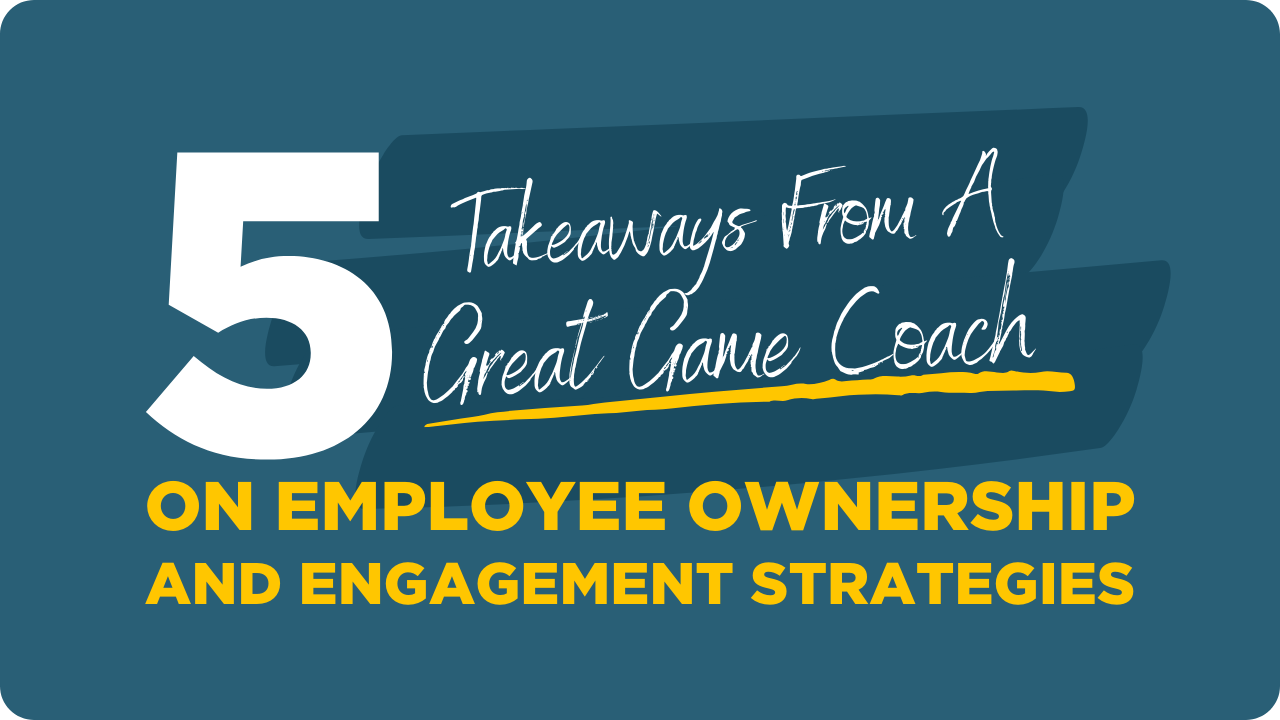What is the future for universities? FT readers respond
Covid-19 has disrupted universities all over the world, with brief-time period impacts on review via the shift to remote studying and extended time period implications for the provision and composition of larger training. In a the latest on the web concern and reply session, FT audience talked about the traits and pressures with main experts and heads of establishments.
For learners, an immediate issue was the good quality of studying whilst studying remotely and the fairness of tests taken on the web. Just one argued: “How can on the web assessments, to the extent they add to students’ final grades for the 12 months, be judged to include sufficient rigour to advantage comparison to the created tests under timed circumstances of preceding decades?”
A further claimed the shift from a 3-hour exam to an on the web version that can be done at any time above a ten-day time period supplied a quite distinct kind of check: “My command of the subjects will absolutely be much decrease than if it was an exam it de facto [is] a comprehension exercising from the lecture slides.”
As candidates reflected on prospects for the coming tutorial 12 months and continued on the web review, Santiago Iñiguez de Onzoño, president of IE College in Madrid, argued the solution experienced benefits. “Our encounter is that hybrid formats deliver better benefits than just conventional classroom-centered forms of teaching . . . The environment, not just training, has by now develop into virtual.”

He claimed the very best training concerned a combination of in-man or woman and on the web review, stressing that it concerned professors complementing lessons with on the web chats, tutoring and the use of apps to help learners. “Over 90 for each cent of professors who attempt hybrid formats come to feel a lot more happy and engaged, since they present a lot more prospects to interact with learners.”
Other individuals had been less convinced. Just one reader wrote: “Shifting studying to an on the web system could streamline studying properly, but it completely eradicates the social element of college and the independence learners encounter via staying absent from residence.”
On the web negatives
A further argued that a lot more concentration would be needed to get ready learners and college for remote studying. “Colleges and universities have to have to pull with each other to help learners understand the new skillset expected for a a lot more on the web environment. We think that they are ‘digitally native’ but they are not.”
Lecturers also highlighted negatives of on the web. “The drive is effective a good deal better if you can strain the pupil to glimpse you in the eye and accept that you are right in your disappointment in their overall performance.”
A further, with a track record in technological know-how, claimed: “Creating rich multimedia courses normally takes a quite significant total of hard work as perfectly as expertise that the lecturer will almost certainly not have.”
A third wrote: “Students who had been quite supportive when we experienced to transfer on the web as an emergency measure in purchase to end the semester, could not be supportive of a a lot more very long-time period reorientation to [a] generally on the web encounter.”
Lynn Dobbs, vice-chancellor of London Metropolitan College, agreed. “The the vast majority of learners want an in-man or woman encounter. They want an in-man or woman tutorial encounter but they also want the prospect to make pals and socialise,” she claimed.
Nick Hillman, head of the Bigger Instruction Policy Institute, a think-tank, added: “People should really not be crammed into pupil lodging versus the newest overall health assistance but, similarly, once the very long lockdown is above, younger folks will be itching to get absent from residence and to get on with their lives.”

Nonetheless Peter Mathieson, the vice-chancellor of Edinburgh college, supplied a sobering evaluation of any swift return to “normal” pre-pandemic tutorial life. While stressing there would be a return to campus, “We foresee that social distancing will be a requirement for months if not decades to occur, so that packed libraries will be a factor of the previous,” he claimed.

For just one reader, the “bottom line is that schools have to have to determine out how to reopen campuses in the drop — learners have been incredibly accommodating this spring but will not tolerate superior tuition bills for virtual education”.
Sir Anthony Seldon, vice chancellor of the College of Buckingham, wrote: “We will see a lot more shorter courses, a lot more life-very long studying, a lot more accelerated [undergraduate and postgraduate] degrees, a lot more numerous starts around the 12 months, a lot more blended degrees. The international pupil industry will under no circumstances return to exactly where it was in 2019.”

Other individuals predicted evolutions in the sector and proposed new funding designs. Referring to the cross-subsidy from the superior expenses of international learners to cover overheads not now offered by authorities and charitable donors, just one claimed: “If analysis was adequately funded then universities wouldn’t have to discover other profitmaking things to do.”
Will abroad pupil figures ever get well?
Simon Marginson, director of the Centre for Worldwide Bigger Instruction at Oxford, argued that international pupil figures would mature once more in the British isles, whilst stressing growing levels of competition from nations around the world which includes Germany and in east Asia. “It is apparent that China’s universities will occur out of the pandemic much better in comparative conditions. They are beginning to return to ordinary business by now, and they will not consider a funding reduction.”
In the British isles, David Hughes, main govt of the Affiliation of Colleges, claimed: “We have to have to transfer outside of the dominance of the 3-12 months undergraduate residential design in England which experienced develop into the ‘gold standard’ that younger folks had been pushed into.”
He argues for a lot more “modular” training with a combination of courses at distinct establishments above extended durations, which may “fit better with people’s lives and enable them to get the training and schooling they have to have for a better career or advertising without having using out massive financial debt.”
Quite a few folks highlighted the have to have for continued expense in training, notably through the article-coronavirus economic downturn. As just one reader concluded: “Surely in the deal with of a foreseeable time period of mass unemployment the authorities would be perfectly advised to generously fund studies for faculty-leavers relatively than depart them to the mercies of the career industry.”






